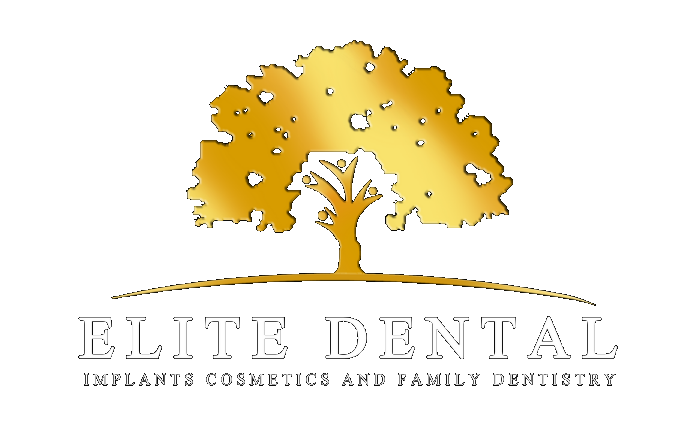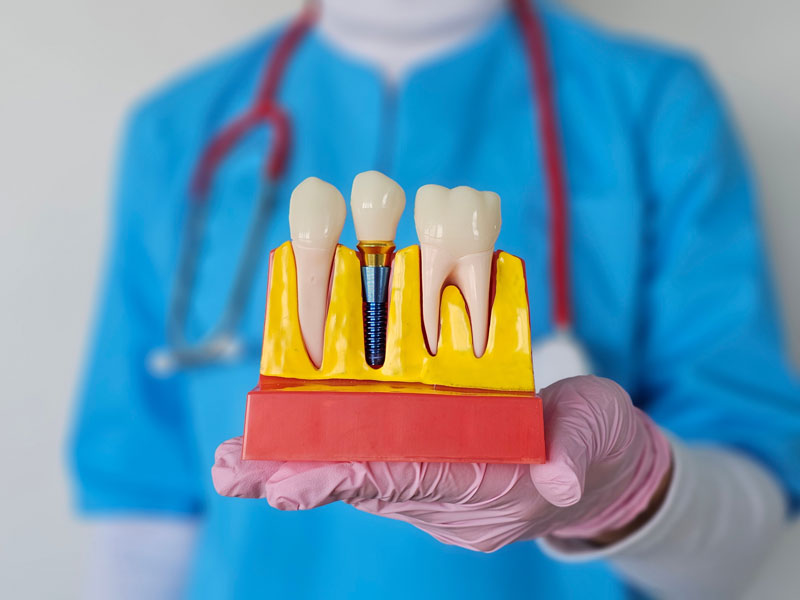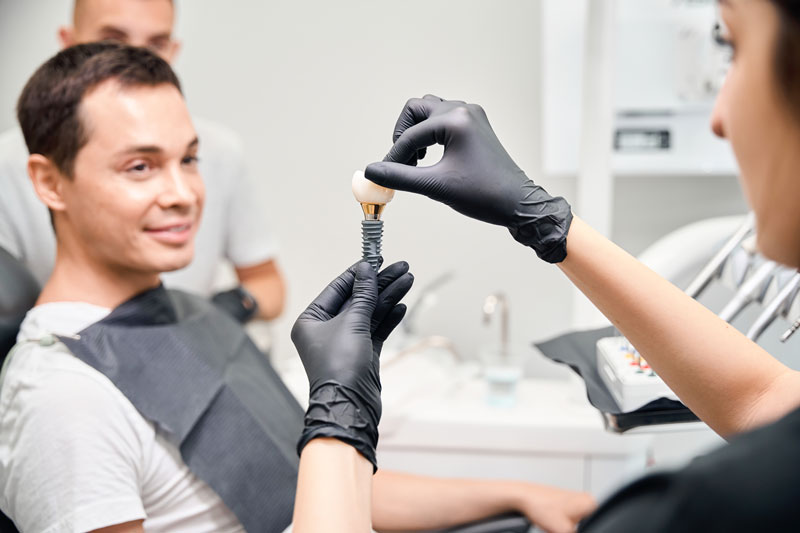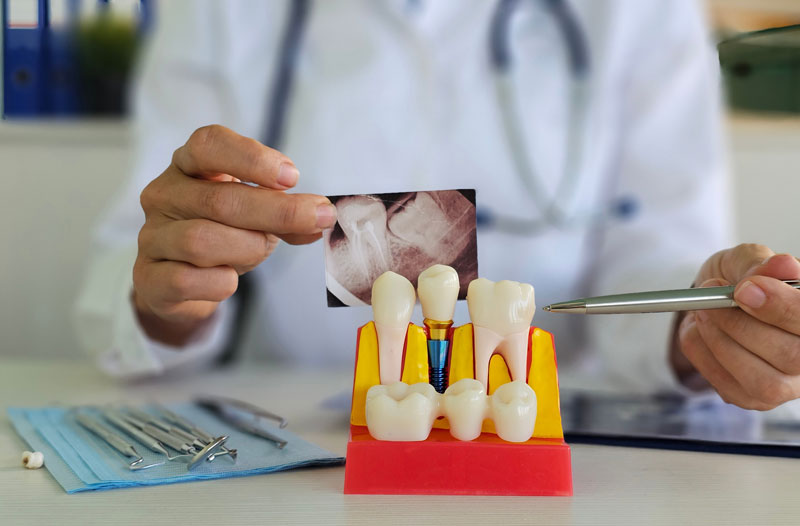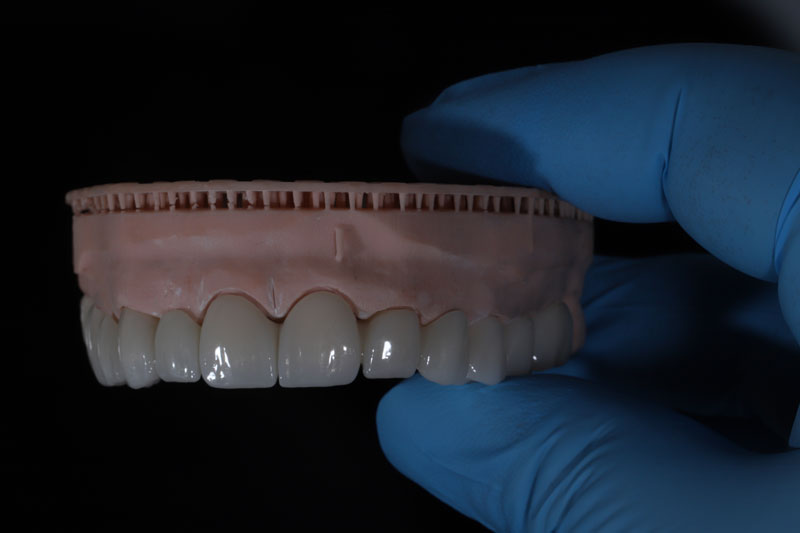Dental Blog - Greater San Antonio
Tips, Facts, And The
Latest In Dentistry

To Floss Or Not To Floss: Unraveling The Truth
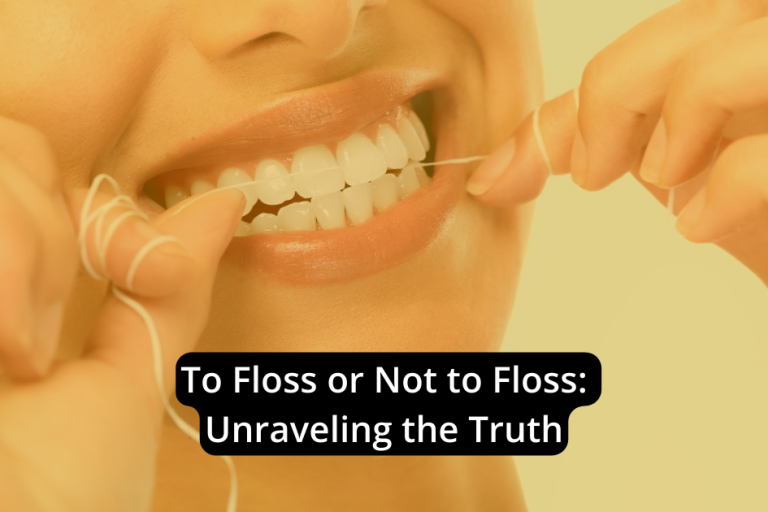
We’ve all been advised to partake in the daily ritual of flossing by our dentists, but have we ever questioned its real significance? For years, we’ve accepted flossing as an essential part of oral hygiene without a second thought. But now, we’re prepared to dig a little deeper.
We’re going to sift through the facts, explore the alternatives, and challenge the status quo. It’s an intriguing journey ahead, so let’s get started. Does flossing really hold the key to a healthy smile, or are we overlooking more effective methods?
The Great Flossing Debate
In the domain of oral health, the efficacy of flossing has been a hot topic of debate, with studies showing limited evidence of its effectiveness in reducing plaque buildup. We’ve found that while the American Dental Association continues to endorse daily flossing, there’s ongoing debate regarding its actual benefits.
In evaluating the research, we’ve noticed significant gaps. Many studies look at the short-term effects of flossing, showing some positive results, but the long-term impacts on gum infections and cavities remain unclear. This ambiguity leads some to question the strength of the evidence supporting the practice of flossing.
Additionally, concerns have been raised about potential conflicts of interest in studies funded by dental floss manufacturers. This could potentially skew the results and interpretations in favor of flossing.
For those struggling with traditional flossing, we propose considering interdental brushes as an alternative. These can be easier to use and just as effective in removing plaque between teeth.
Perspectives From Dental Professionals
In the realm of dental care, the importance of flossing is a topic widely endorsed by professionals. Dr. Mohan Raj Jaganathan and Dr. Veena Raja from Elite Dental, among others, agree that flossing plays a crucial role in oral hygiene. While individual responses to flossing may vary, its effectiveness in preventing plaque buildup and maintaining overall oral health is undisputed.
These experts emphasize the necessity of proper technique in flossing, advising individuals to seek guidance from dental professionals to ensure they are maximizing the benefits of this practice. The consensus among dental practitioners is clear: incorporating regular flossing into one’s oral care routine is essential for maintaining a healthy mouth.
Benefits of Regular Flossing

Regular flossing carries numerous benefits for oral health, including preventing gum disease, reducing inflammation, and warding off tooth decay. By removing debris and bacteria lodged between teeth, we can help prevent the onset of periodontal disease. The act of flossing dislodges food particles that brushing alone might miss, reducing the risk of dental caries, commonly known as cavities.
When we floss, we’re not just working on the surface. We’re also reaching into those hard-to-access spaces between teeth where plaque, a sticky film of bacteria, tends to accumulate. If left unchecked, this plaque can harden into tartar, leading to gum inflammation and bleeding, both signs of gingivitis. This is why many dental organizations, including the American Dental Association, endorse daily flossing.
However, flossing mightn’t be for everyone. For some, using interdental brushes might be more effective. Regardless, it’s essential to have a conversation with a qualified healthcare professional about your oral hygiene practices. They can provide personalized advice tailored to your specific needs, ensuring that your gums and teeth stay healthy.
Scientific Evidence on Flossing
While we’ve explored the potential benefits of regular flossing, it’s also important to take into account the scientific evidence, or lack thereof, supporting this practice. The evidence around the effectiveness of dental floss in reducing plaque buildup and improving oral health is, at best, inconclusive.
A review of multiple studies found the data supporting the benefits of flossing to be unreliable. There are research gaps in demonstrating the efficacy of flossing combined with brushing for preventing cavities. Some of these challenges stem from insufficient participant numbers in studies and a dearth of long-term gum health assessments.
Here are a few key points to consider:
- Limited evidence exists on the effectiveness of flossing in reducing plaque buildup.
- A review of 12 trials found unreliable data supporting the benefits of flossing.
- There are research gaps in demonstrating the efficacy of flossing combined with brushing for preventing cavities.
- Challenges include insufficient participant numbers and limited long-term gum health assessments in flossing studies.
Alternatives to Traditional Flossing
If traditional flossing proves to be a challenge, there are several alternative methods worth considering, such as interdental brushes, water flossers, and floss holders, all of which can provide effective cleaning between your teeth.
Interdental brushes are particularly helpful if you’re struggling with traditional floss. They’re designed to clean the spaces between your teeth and can be a more important and efficient alternative flossing method.
Water flossers are another viable option. They use a pressurized stream of water to dislodge food particles and plaque from between your teeth, and are often recommended for those who find traditional flossing difficult or painful.
Floss holders are beneficial for those with dexterity issues. These tools hold the floss at a tension, making it easier to navigate between the teeth.
Regardless of the method, it’s important to use proper technique to prevent tissue damage and discomfort. We suggest consulting with a dentist for personalized recommendations. They can guide you in selecting the best alternative flossing method based on your individual needs and oral health. Remember, the goal isn’t just to floss, but to maintain the best oral hygiene.
Personalized Oral Hygiene Practices
Building on the idea of alternative flossing methods, let’s explore how personalized oral hygiene practices, involving unique flossing techniques and tools, can meet individual needs and enhance overall oral health. It’s essential to understand that oral health isn’t a one-size-fits-all scenario. Each person has unique dental needs and oral health conditions, requiring tailored oral hygiene practices, especially concerning flossing.
Personalized flossing techniques can range from traditional string floss to interdental brushes, depending on what suits your oral health best. We’ve identified a few key points to consider:
- Specific floss types or tools could be recommended to cater to oral health conditions like braces or dental work.
- Some may find flossing before brushing maximizes plaque removal, enhancing gum health.
- Customized flossing schedules, be it morning or evening flossing, could optimize your oral hygiene routine.
- Personal preferences, such as flavored floss or flossing aids, can make the practice more enjoyable, hence more effective.
Consulting Healthcare Professionals

Regularly consulting with experienced healthcare professionals, like our esteemed dentists at Elite Dental, is a vital step in ensuring peak oral health.
Our dental services range from general to cosmetic, restorative, and implant dentistry, ensuring a thorough approach towards maintaining your pearly whites. We’re proud of our experienced doctors, Dr. Jaganathan and Dr. Raja, who each boast over a decade of experience in advanced dentistry. They’ve received numerous accolades and are adept at integrating research evidence into clinical procedures.
Our patient experience is second to none. We believe in putting our patients first, with a focus on their best interests. Our dentists take time, don’t force treatments, and our staff is always ready to respond to any queries. We’ve received glowing testimonials from patients, highlighting our commitment to kindness, patience, and excellent service.
Conclusion
In the end, it seems the tooth of the matter is more complex than we thought. While flossing has clear benefits, it’s not a one-size-fits-all solution. Alternatives like interdental brushes may be a better fit for some of us.
However, this shouldn’t replace professional advice. So let’s not throw the floss out with the bathwater just yet. Consulting with our dentists at Elite Dental, located in San Antonio, New Braunfels, and Pleasanton, TX, is the best way to brush up on our personalized oral hygiene practices.
We encourage you to schedule an appointment with us today for a personalized dental care plan tailored to your needs!

